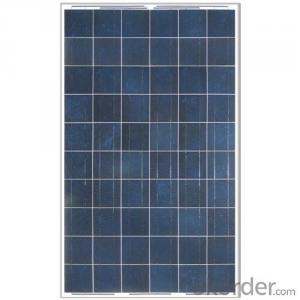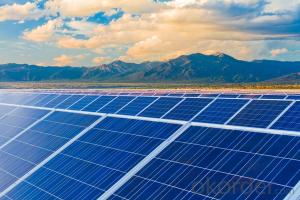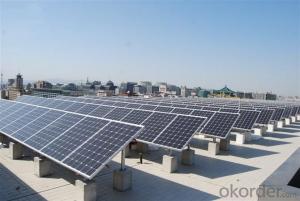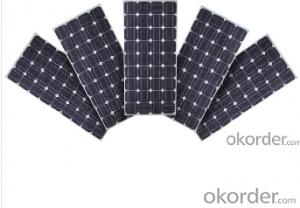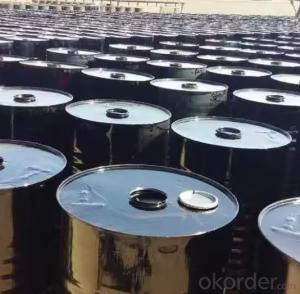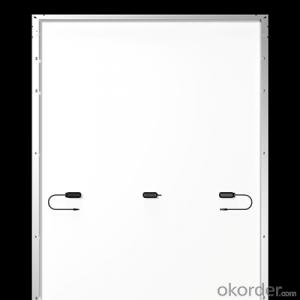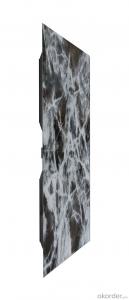280W/285W Solar Panel with TUV IEC MCS CEC IDCOL SONCAP Certificates
- Loading Port:
- Shanghai
- Payment Terms:
- TT OR LC
- Min Order Qty:
- 1000 watt
- Supply Capability:
- 100000000 watt/month
OKorder Service Pledge
OKorder Financial Service
You Might Also Like
- TUV IEC, MCS (UK), CE, CEC (Australia), INMETRO, IDCOL, SONCAP CERTIFIED
- [EU ANTIDUMPING DUTY-FREE]
- PROFESSIONAL SOLAR PANEL MANUFACTURER SINCE 2004
FEATURES
`Long Service Life
`High Efficency Solar Cells
`Special Aluminum Frame Design
`High Transmission,Low Iron Tempered Glass - TUV IEC, MCS (UK), CE, CEC (Australia), INMETRO, IDCOL, SONCAP CERTIFIED
- [EU ANTIDUMPING DUTY-FREE]
- PROFESSIONAL SOLAR PANEL MANUFACTURER SINCE 2004
FEATURES
`Long Service Life
`High Efficency Solar Cells
`Special Aluminum Frame Design
`High Transmission,Low Iron Tempered Glass
`Advanced Cell Encapsulation
APPLICATIONS
`Solar power stations
`Rural electrification, Small home power systems
`Power supply for traffic, security, gas industry
`12V and 24V battery charging system
`Other industrial and commercial applications
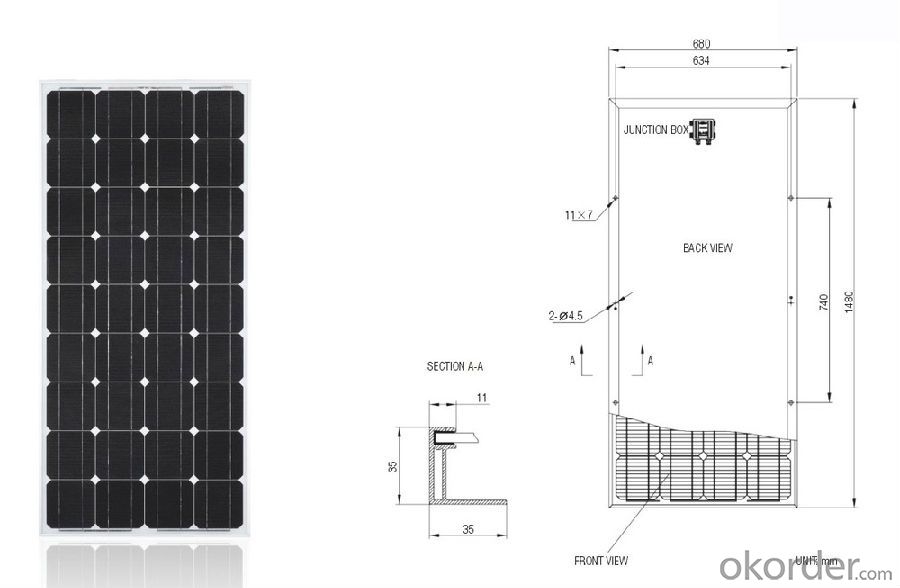
| ELECTRICAL CHARACTERISTICS | |||||||
| Model Number | KM(P)275 | KM(P)280 | KM(P)285 | KM(P)290 | KM(P)295 | KM(P)300 | |
| Maximum Power as per STC | Pmax(W) | 275 | 280 | 285 | 290 | 295 | 300 |
| Power Tolerance | % | ±3% | |||||
| Maximum Power Voltage | Vm(V) | 36.43 | 36.56 | 36.72 | 36.79 | 36.93 | 37.15 |
| Maximum Power Current | Im(A) | 7.55 | 7.66 | 7.77 | 7.89 | 7.99 | 8.08 |
| Open Circuit Voltage | Voc(V) | 43.7 | 42.92 | 44.06 | 44.21 | 44.35 | 44.5 |
| Short Circuit Current | Isc(A) | 8.1 | 8.17 | 8.23 | 8.33 | 8.41 | 8.72 |
| Maximum System Voltage | VDC | 1000 | |||||
| Cell Efficiency | % | 15.7 | 16.0 | 16.3 | 16.6 | 16.8 | 17.1 |
| Module Efficiency | % | 14.2 | 14.5 | 14.7 | 15.0 | 15.2 | 15.5 |
| Cells per Module | Pcs | 72 | |||||
| Cell Type | Polycrystalline silicon | ||||||
| Cell Size | mm | 156 x 156 | |||||
| Bypass Diodes | Pcs | 12Amp, 6 pcs | |||||
| Max. Series Fuse Rating | A | 15A | |||||
| Temperature coefficient of Isc | %/°C | 0.05 | |||||
| Temperature coefficient of Voc | %/°C | -0.35 | |||||
| Temperature coefficient of power | %/°C | -0.47 | |||||
| NOCT- Nominal operating cell temperature | °C | 47 ± 2 | |||||
| Operating Temperature | °C | -40 ~ +85 | |||||
| MECHANICAL CHARACTERISTICS | |||||||
| Dimensions | mm | 1954 x 990 x 50 | |||||
| Weight | Kg | 23.5 | |||||
| Type of Junction Box | TUV certified, IP65 | ||||||
| Cable Type, Diameter | TUV certified, 4mm2, 90 cm in length | ||||||
| Connector | compatible to Type 4 (MC4) | ||||||
| Tempered Glass | 3.2 mm, high transmission, low iron | ||||||
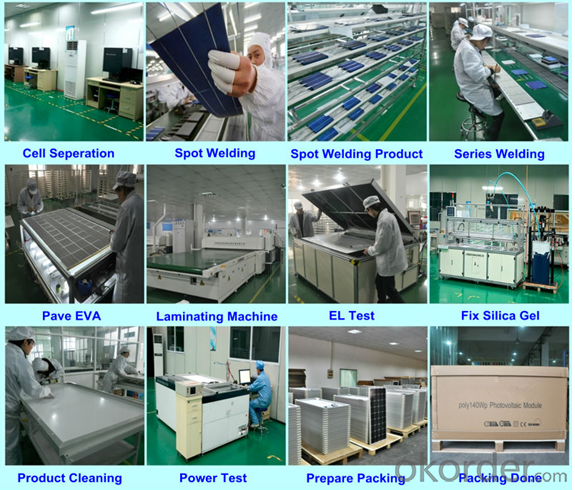 Packing
Packing
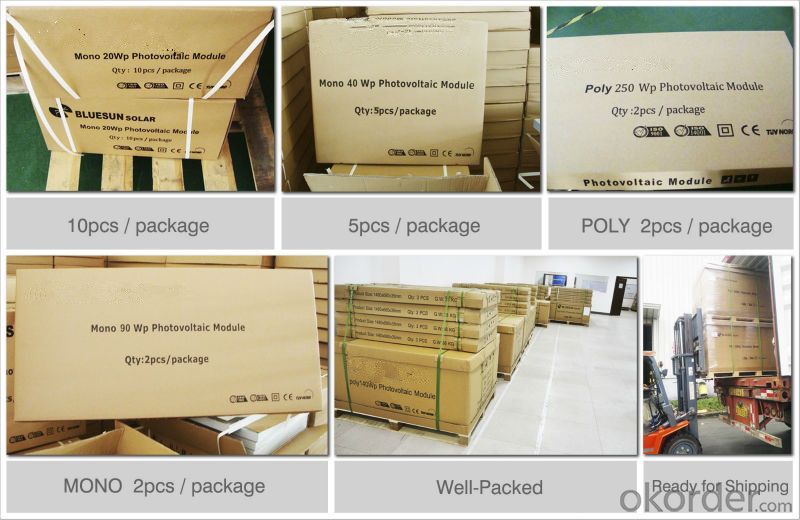
FAQ
1. What kind of Solar Cells does it have
---poly crystalline 156*156mm and 125*125mm or mono 125*125mm and 156*156mm
2. Is the front panel Glass or Plastic
---Tempered glass 3.2mm thickness or adjust to what you need, Light transmittance up to 95%.
3. Does it meet Europe Standards for Solar Energy
---This is TUV approval products, all the producing procedure apply TUV&UL.
4. What is the Efficiency level
--- Between 16-18.9% for solar cells.
5. What is the Nominal Voltage
--- 18v 20v 24v 36v 30v 48v , and so on, we can adjust to what you need.
6. What is the Warranty Period, How many years?
Power efficiency warranty:
---90% in 10 years; 80% in 25 years.
- Q:I was trying to look online for solar panels for my home to take some of the strain off of using oil and electricity but I find it very hard to understand exactly how they are used.Like one that I looked up is 00 watts.....is that like a light bulb watt? How many things can that power? Is it really cheaper in the long run because the panels are very expensive?If anyone has web sites that can explain this to me I would appreciate a link, or anyone to answer part of my question.
- I had one on my homestead in CT. It grew to become right into a photograph voltaic warm water heater. It grew to become into hooked as much as my general warm water tank, so as that if it have been cloudy for a pair of days..i could nonetheless have warm water. in case you think of of all of the nice and comfortable water you employ, it grew to become right into a real mark downs. whilst i bought it, you purchased a $3000 tax credit from the government. that could be a protracted term investment , yet i could say mine paid for itself in 3 or 4 years. i could be careful presently..with oil being so costly, you going to have crooks and fly by utilizing nighttime businesses obtainable.make certain you examine out the corporation...very intently. And be taught , be taught, be taught...approximately how the structures paintings
- Q:Can someone tell me if I can run a air conditioner off solar panel?I have a ET-P65420 20Wp solar panel. What do I need to make it work? I am told I will need a Enphase Energy Microinverter M20. Is that true? I am looking to run a 5000 to 8000btu air conditioner to a max of 0000btu air conditioner. I need to cool a 0x30 space. One time I read, I need total watts of panel to match total watts of air conditioner. Then I read, that I do not and can run more watts then what the panel is depending on the inverter and batteries.Can someone tell me what and how to make this work please? More panes or inverter and batteries?
- Solar Panels Air Conditioner
- Q:How do solar panels affect the overall energy security of a building?
- Solar panels can significantly improve the overall energy security of a building. By harnessing the power of the sun, solar panels provide a reliable and renewable source of electricity, reducing dependence on traditional energy sources and the associated risks of price volatility and supply disruptions. This not only enhances the building's resilience during power outages but also helps to stabilize energy costs in the long run. Additionally, solar panels contribute to a more sustainable and environmentally friendly energy system, reducing carbon emissions and mitigating the impact of climate change.
- Q:Can solar panels work during cloudy or rainy days?
- Yes, solar panels can still work during cloudy or rainy days, but their efficiency is significantly reduced. Solar panels generate electricity by converting sunlight into usable energy, so the amount of energy produced is directly related to the amount of sunlight available. Cloudy or rainy weather reduces the intensity of sunlight reaching the panels, resulting in a lower electricity output. However, solar panels can still generate some power even in these conditions, making them a viable source of renewable energy even on less sunny days.
- Q:How do solar panels affect the overall sustainability of a building?
- Solar panels can significantly enhance the overall sustainability of a building by generating clean and renewable energy. By harnessing the power of the sun, solar panels reduce the reliance on fossil fuels, resulting in lower greenhouse gas emissions and a smaller carbon footprint. Besides producing electricity, they can also provide heating and cooling, further reducing energy consumption. Additionally, solar panels contribute to energy independence, improve energy efficiency, and can even generate excess power that can be stored or fed back into the grid. Overall, solar panels play a crucial role in promoting sustainable practices and mitigating climate change impacts.
- Q:how much energy does a kilowatt solar panel produce in a year? (average)
- You would be amazed how often I have answered this question. The answer is that it depends on your latitude and local weather . Let's see if I can give you enough information so that you can determine the answer for yourself. A kW solar panel is rated at kW when it is exposed to a solar flux of kW/m^2 (called a peak sun hour). There are readily available tables of effective peak sun hours per day by city (see Reference ). Let's use Fairbanks, AK as an example (it is the first line of the table). Fairbanks get an average of 3.99 of peak sun hours per day on average. So your panel would produce 3.99 kW*hr per day on average.
- Q:All I know is they check for amps watts voltage and everything... they dont have to be used for solar panels but um they have like alittle spinny thing in the middle of them. you spin it around to what you wanna test such as the amps watts voltage and stuff.... idk what their called but im looking to buy one to test my solar panels when they come in
- They're called...Electric Testers, or Voltage Testers, or whatnot, they don't really have a special name in my experience. Just go to your local hardware store and buy one.
- Q:I have the wattage of solar panel but i dont know about the voltage amp; current rating of it. Plz explain me about the voltage rating of solar panel.
- A okorder /
- Q:Can solar panels be used for powering a manufacturing facility?
- Yes, solar panels can be used to power a manufacturing facility. Solar panels convert sunlight into electricity, which can be utilized to run various equipment and processes within a manufacturing facility. By installing a sufficient number of solar panels, a manufacturing facility can significantly reduce its reliance on traditional grid electricity and lower its carbon footprint. However, the feasibility and effectiveness of solar panels for powering a manufacturing facility would depend on factors such as the facility's energy requirements, available sunlight, and the size of the solar panel system installed.
- Q:Can solar panels be installed on hospitals or healthcare facilities?
- Yes, solar panels can definitely be installed on hospitals or healthcare facilities. In fact, many hospitals and healthcare facilities around the world have already embraced solar energy as a sustainable and cost-effective solution. Solar panels provide a reliable source of clean energy, helping these facilities reduce their carbon footprint and dependence on traditional energy sources. Additionally, solar power can contribute to long-term cost savings, allowing hospitals to allocate more resources towards patient care and medical services.
1. Manufacturer Overview |
|
|---|---|
| Location | |
| Year Established | |
| Annual Output Value | |
| Main Markets | |
| Company Certifications | |
2. Manufacturer Certificates |
|
|---|---|
| a) Certification Name | |
| Range | |
| Reference | |
| Validity Period | |
3. Manufacturer Capability |
|
|---|---|
| a)Trade Capacity | |
| Nearest Port | |
| Export Percentage | |
| No.of Employees in Trade Department | |
| Language Spoken: | |
| b)Factory Information | |
| Factory Size: | |
| No. of Production Lines | |
| Contract Manufacturing | |
| Product Price Range | |
Send your message to us
280W/285W Solar Panel with TUV IEC MCS CEC IDCOL SONCAP Certificates
- Loading Port:
- Shanghai
- Payment Terms:
- TT OR LC
- Min Order Qty:
- 1000 watt
- Supply Capability:
- 100000000 watt/month
OKorder Service Pledge
OKorder Financial Service
Similar products
New products
Hot products
Hot Searches
